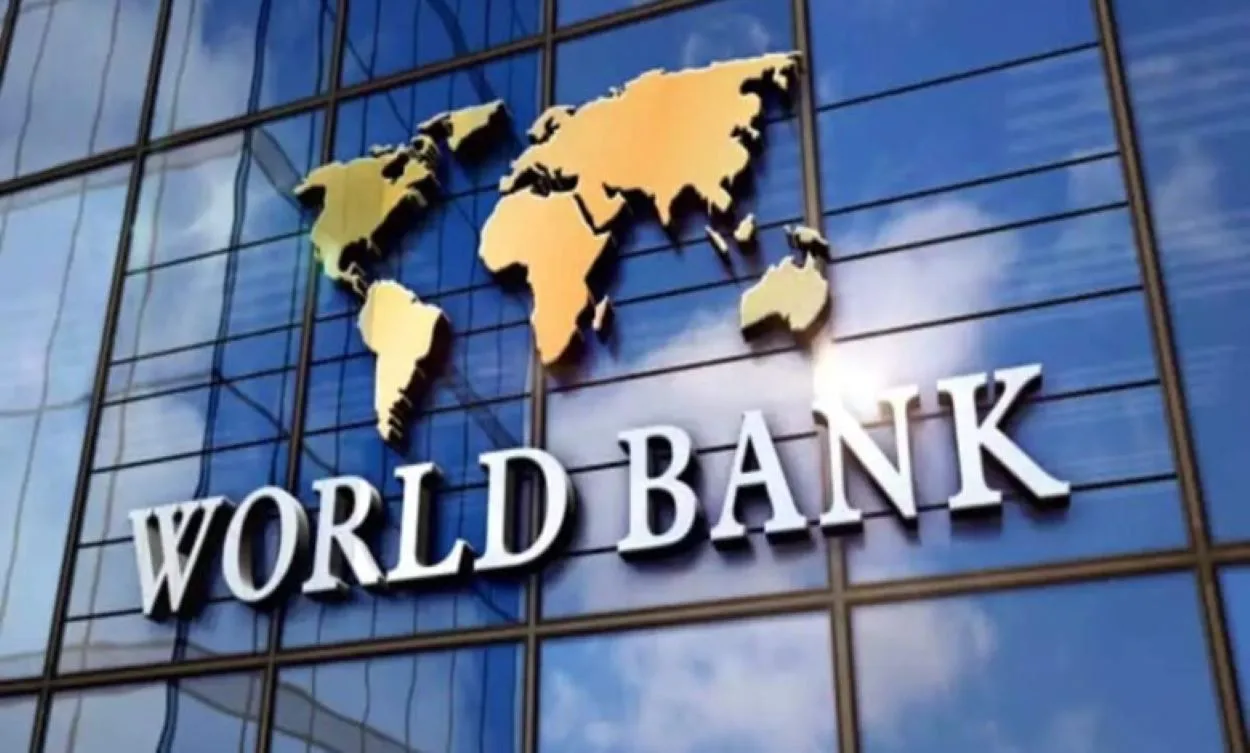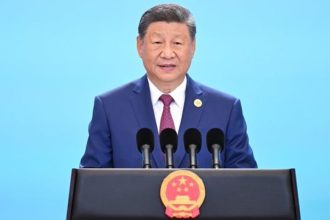The World Bank, led by Regional Vice President for South Asia Martin Raiser, released a series of Policy Notes to guide Pakistan towards a more productive, sustainable, resilient, and healthy future.
The notes cover many critical areas, including child stunting, fiscal sustainability, private sector growth, energy, learning poverty, agriculture, and climate change. These recommendations result from extensive outreach and discussions across Pakistan, compiled under the initiative “Reforms for a Brighter Future – Time to Decide.”
The policy notes emphasize the need for Pakistan to address its human capital crisis, including the high rates of stunting and learning poverty. Raiser stressed the importance of adopting a coordinated approach across sectors and levels of government to improve basic services. He advocated for improvements in public spending quality, expansion of the revenue base, regulatory and trade reforms, and reducing state involvement in the economy. Additionally, Raiser highlighted the need for reform in the agricultural and energy sectors, including subsidy reforms and privatization of electricity distribution companies.
Economic and Environmental Challenges in Pakistan
Martin Raiser underscored the severity of Pakistan’s human capital crisis, pointing out the alarming statistics of stunted growth and learning deficiencies among children. He proposed significant investment in water and sanitation, among other areas, to address these challenges. Raiser also emphasized the role of fiscal discipline in sustainable economic growth, calling for fiscal consolidation and tax reforms to enhance the country’s Gross Domestic Product (GDP).
Recognizing the environmental challenges as a regional issue in South Asia, Raiser noted the interconnectedness of countries in addressing environmental concerns. He plans to meet government officials, private sector representatives, and academia during his visit. He will also inspect the DASU and Tarbela Hydropower Projects and project sites in Sindh and Punjab.






